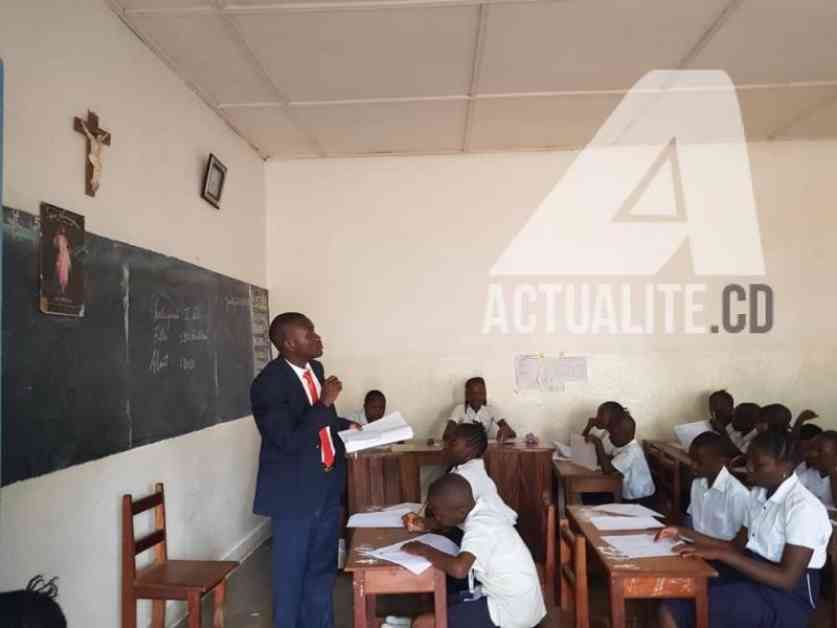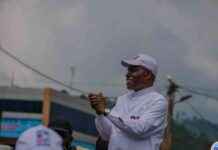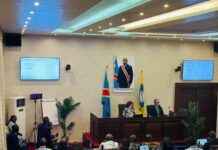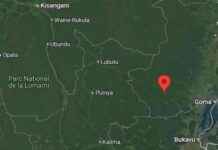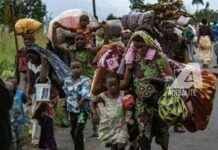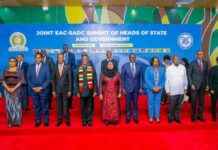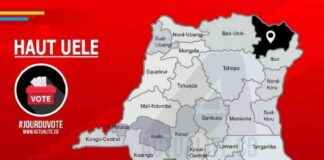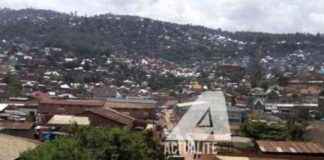Teachers in DRC Threaten National Strike over Health Insurance Funding
Teachers in the Democratic Republic of Congo (DRC) are on the brink of a nationwide strike if the government does not release funds allocated for teachers’ health insurance, warned Cécile Tshiyonbo, the general secretary of the Syndicat des enseignants du Congo.
According to Tshiyonbo, teachers agreed to contribute 5,000 Congolese francs each to finance the health insurance scheme. However, the funds have been frozen, preventing its nationwide implementation. This deadlock has persisted for several months, causing frustration among educators.
Broken Promises and Unmet Commitments
In 2024, during the Parity Commission meeting in Bibwa, an agreement was reached between the government and union representatives. The deal stipulated that teachers’ contributions would increase to 50,000 Congolese francs starting January 2025. Unfortunately, this commitment has not been honored, lamented Mrs. Tshiyonbo.
While the provinces of South Kivu and North Kivu have successfully operationalized the health insurance scheme, teachers in other regions face challenges due to insufficient funding and the non-implementation of the increased contributions. This jeopardizes the payment of healthcare providers, emphasized the union leader.
Call for Action and Potential Strike
The unions are demanding the Minister of Budget to “immediately release” the funds to ensure the health insurance scheme can fulfill its objectives. Tshiyonbo cautioned that if the government fails to act, teachers may have no choice but to initiate a nationwide strike. The teachers stress that their money does not belong to the government and urge for immediate action.
The health insurance scheme was established to enhance access to healthcare for teachers, but its effectiveness is hindered by ongoing tensions between the government and unions. As of now, the Ministry of Budget has not responded to the teachers’ pleas for intervention.
Conclusion
In a time when access to quality healthcare is crucial, the plight of teachers in the DRC underscores the importance of efficient fund allocation and honoring agreements. As the situation escalates, the fate of educators’ health insurance hangs in the balance, with a potential strike looming large. It remains to be seen whether the government will heed the teachers’ demands and avert a crisis that could disrupt the education system in the country.
